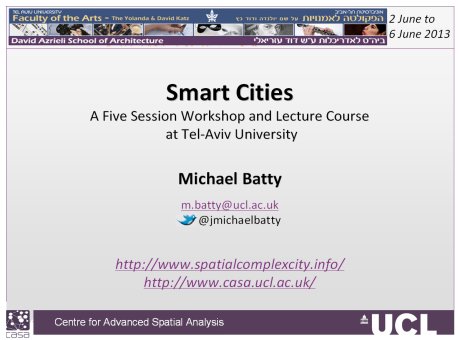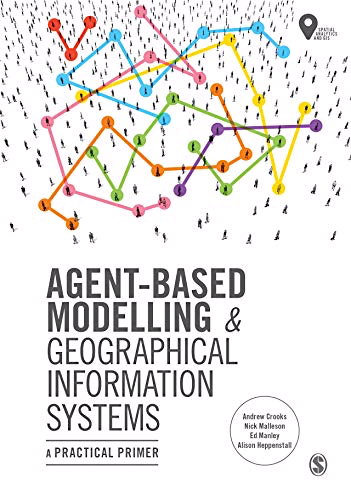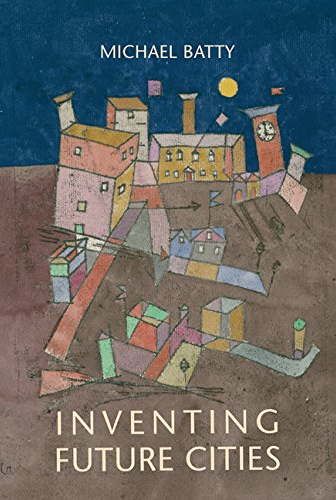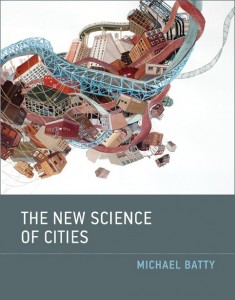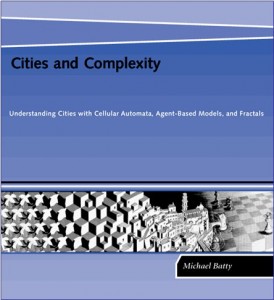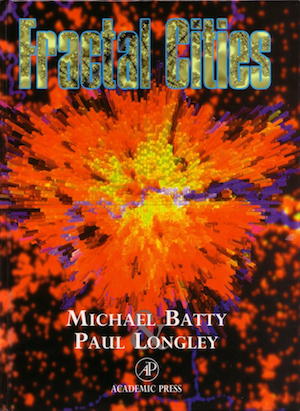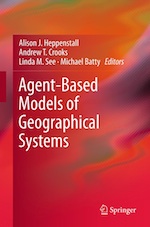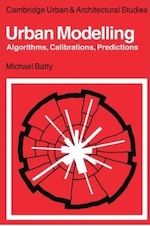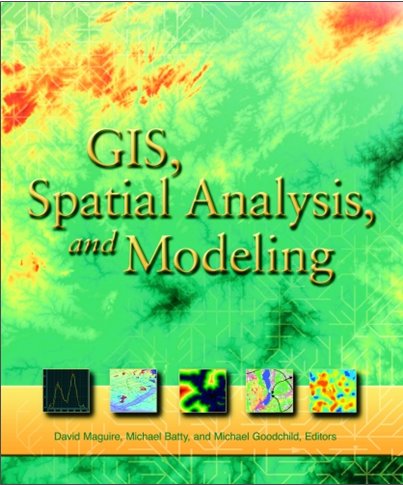If you click on the picture below, this will pull up the pdf of the Course Outline
This course introduces you to ideas about how computers, computation, and electronic communications are being rapidly introduced into the fabric, operation and design of the contemporary western city. This focus on new information and communications technologies (ICT) and the city have coalesced in the notion of the ‘smart city’ where the focus is on how cities are becoming ‘more intelligent’ which consists of various services which enable populations to improve their ways of life, their economic productivity and their social interactions. The topics are relatively well defined and to an extent stand-alone in that they are relatively self contained between the topics although there is a strong historical imperative to the chronology of the lectures and a focus on how geography and space are informing ideas that are underpinning the smart city.
The lectures will first follow a historical chronology of how ICT has developed from their origins in digital computing to the current all-pervasive use of computers and communications in contemporary cities. They will be organized into five distinct sessions with approximately 3 lectures per session, and they will deal with different topics involving transport, data, services, digital representation (in 2D and 3D), forecasting, participation and media. Examples will be drawn largely but not exclusively from world cities like London. In the middle of the course, two of our lectures will be devoted to exploring how we might model some of the big data that is emanating from the smart city.
Reading
If you wish to read something now then download the following paper from the site and look at the editorials i have written ver the last ten years in Environment and Planning B. The buttons below take you to the relevant stuff. I will build up some references on this area as we go alone but the literature is wide, discursive and there are very few good papers in the area as yet and certainly no books

